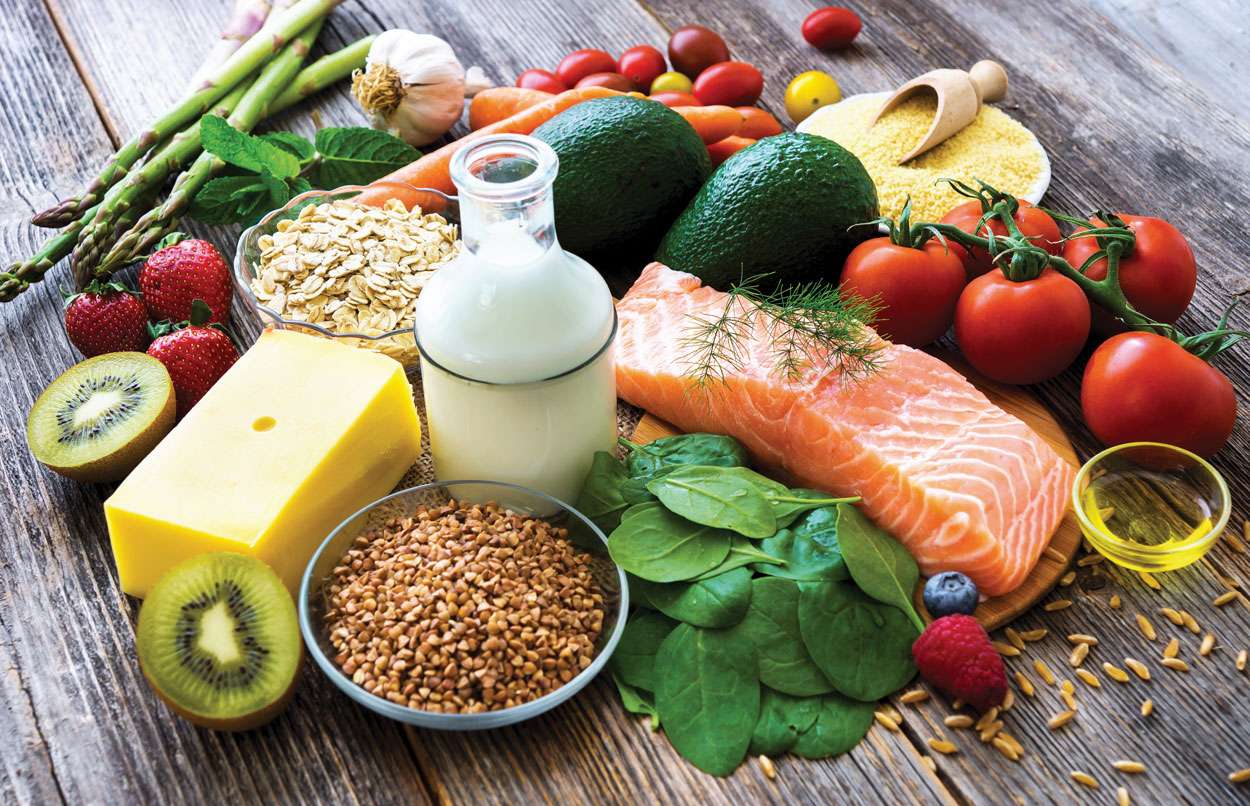
Brain Facts:
- The brain uses 25% of the body’s entire energy supply but only accounts for 2-3% of the body’s total weight.
- The brain needs the right raw materials to make neuro transmitters – vitamins, minerals and amino acids.
- 25% of the cholesterol in your body is found in your brain where it plays an important role in brain function.
- Inflammation is extremely damaging to the brain. When the brain protects itself from inflammation it produces a protein plaque which eventually causes damage. A diet high in sugar, trans fats, processed foods, a heavy metal toxic load, poor hydration and stress lead to inflammation.
How can you support your brain?
Exercise:
- Regular aerobic exercise boosts the size of the hippocampus, the brain area involved in verbal memory and learning.
Stress:
- Prolonged periods of stress are extremely damaging to the brain. Anxiety leads to high cortisol which is very damaging to the neurons which are responsible for Alzheimers and other forms of dementia.
- Regular meditation has been shown to increase the volume of the prefrontal cortex and the ability of the brain to think rationally. It has also been shown to reduce inflammation and stress. Try a meditation app such as Headspace for 10 minutes a day.
Sleep:
- Sleep has an incredibly restorative function for the brain (aim for 8 hours). When the body is asleep the brain is able to clear out its waste. Worsening sleep quality and duration is linked to a build up of the protein that is seen in the brains of Alzheimers’ patients.

What nutrients does the brain need?
- Omega 3s – a fifth of the brain’s weight is made up of essential fatty acids which play an important role in the transmission of nerve signals. Omega 3s are found in oily fish, nuts and seeds.
- Vitamin D – low levels have been linked to an increased risk for Alzheimers. Get your levels tested at the GP. Even though we are having beautiful weather you may still be low in Vitamin D. 10 minutes in the sun without sunscreen will help the body to make Vitamin D.
- Polyphenols are compounds found abundantly in natural plant food sources that have antioxidant properties. They are particularly found in colourful fruit and veg. Buy organic where possible for higher levels. Eat a rainbow. 5-7 portions a day.
Beneficial Foods:
- Follow an anti-inflammatory diet including plenty of oily fish, eggs, nuts and seeds (especially walnuts).
- Healthy fats: olive oil, avocado, coconut oil and ghee.
- Vegetables particularly green leafy ones.
- Green tea is very anti-inflammatory and studies show 2 cups a day may be effective in improving cognitive function.
Interesting books to read:
The End of Alzheimers by Dr Dale Bredesen
Grain Brain by David Perlmutter
The Biology of Belief by Bruce Lipton
Switch on Your Brain by Dr Caroline Leaf
Brain Maker: The Power of Gut Microbes to Heal and
Protect Your Brain by David Perl-mutter
How Not to Die by Michael Greger
Podcast to listen to:
Feel Better, Live More by Dr Rangan Chatterjee: episode 18: The Best Foods to Nourish Your Brain
For a fully referenced pdf version of this article, further advice on health problems or to book a dietary health check please email me: [email protected]











